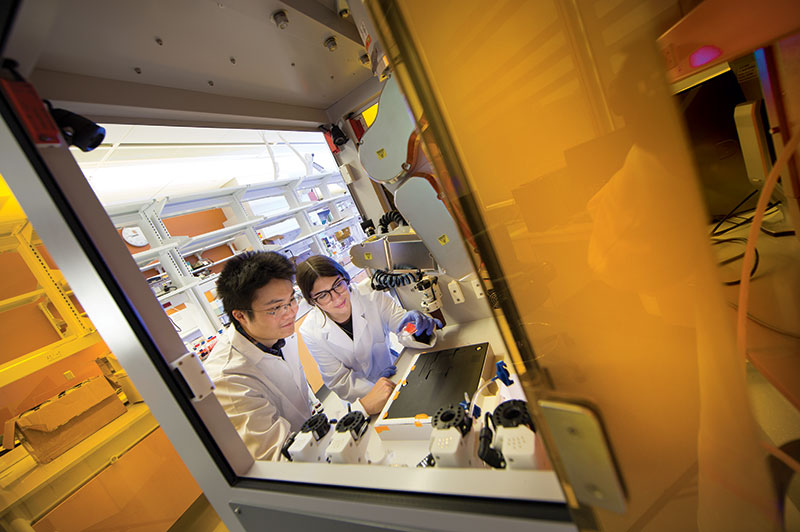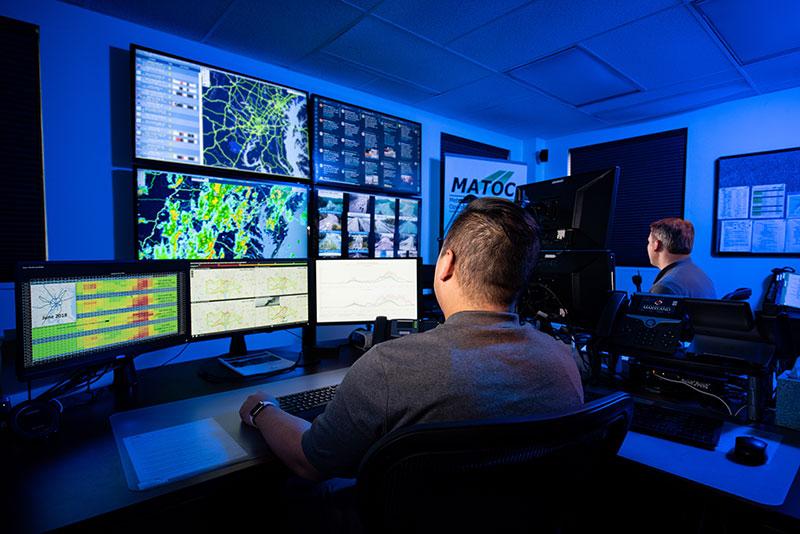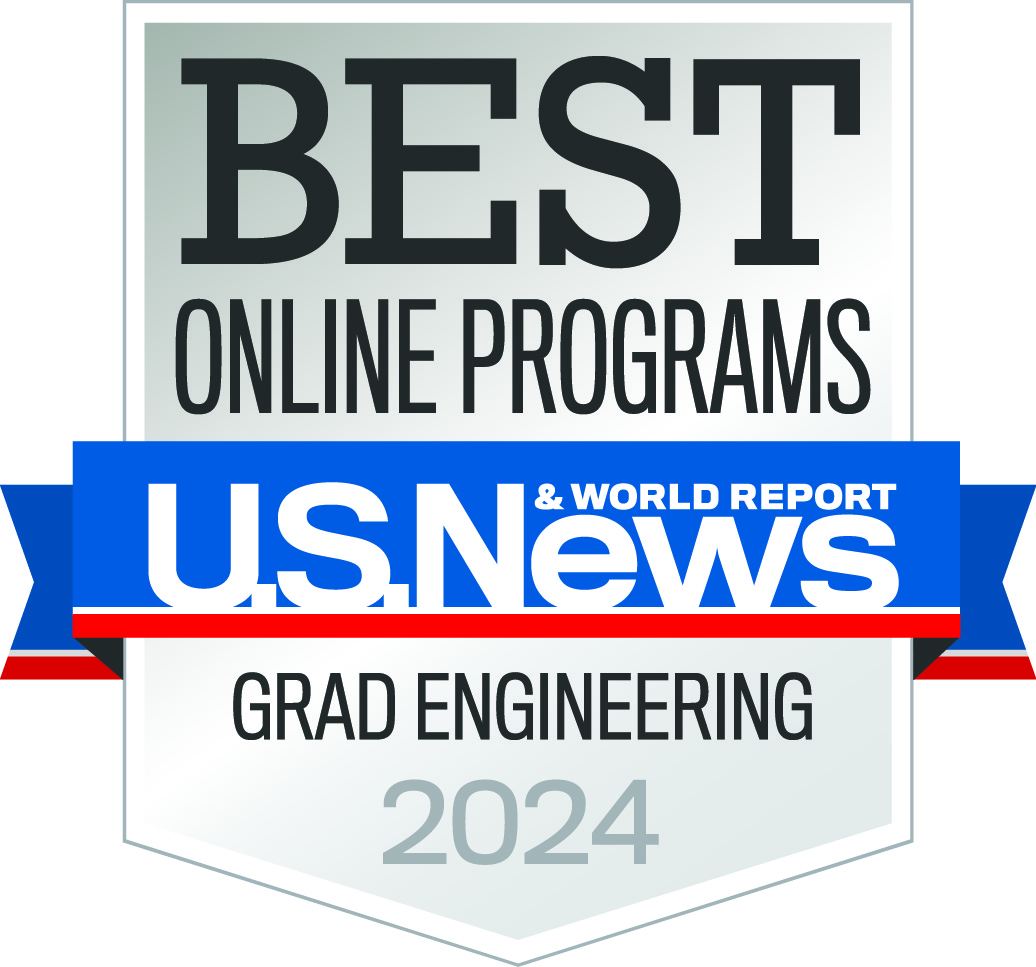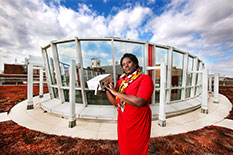News Story
Maryland Engineering: Top 10 Among Public Graduate Programs, Six Years Running

For the sixth consecutive year, the A. James Clark School of Engineering at the University of Maryland ranks among the country’s top 10 public universities in graduate engineering programs, according to U.S. News & World Report’s 2024–25 rankings.
Overall, Maryland Engineering ranked 18th among more than 200 public and private engineering schools, rising one spot from its previous overall graduate ranking.
| Institution | Overall | Public |
|---|---|---|
|
University of Maryland, College Park (A. James Clark School of Engineering) |
18 | 10 |
“The research and innovations generated by the Clark School’s graduate programs, students, and faculty are driven by their pursuit of excellence and a desire to impact the world around us. I am honored to work with the talented engineers in the Clark School and proud to see our impact recognized by our academic peers,” said Samuel Graham, Jr., dean of the Clark School. “Maryland is a truly special place in a unique ecosystem in our country. We will continue to address the important challenges of our time while developing the leaders to help translate those discoveries to the world.”
In addition to the Clark School’s top 10 ranking among public universities, the school’s individual graduate degree programs were ranked in the top 20 among publics.
| Individual Degree Program | Overall | Public |
|---|---|---|
| Aerospace | 11 | 8 |
| Bioengineering | 28 | 12 |
| Chemical & Biomolecular | 30 | 18 |
| Civil & Environmental | 31 | 19 |
| Computer | 15 | 9 |
| Electrical | 15 | 9 |
| Materials Science | 22 | 13 |
| Mechanical | 17 | 9 |
In January 2024, the Clark School’s online graduate engineering program was ranked 6th among U.S. schools and 13th among online engineering graduate programs for veterans. The number six ranking was the first time that the Clark School received a top 10 ranking in this category.
Maryland Engineering is home to one of the country’s most respected and prolific research environments. With industry-leading expertise in areas including quantum technology, energy, robotics, batteries, and more—the Clark School conducts research relied upon by federal agencies, major companies, and other academic institutions alike. The school is home to industry-leading institutes and centers, including ones focused on industrial AI, transportation, biomedical devices, disaster resilience, and rotorcraft. In April 2024, for example, seven students, including six graduate students, were among Vertical Flight Foundation Scholarships winners, and two graduate students were awarded NSF research fellowships.
Recent Research Success Stories

In March 2024, the University of Maryland and Booz Allen Hamilton announced a new collaboration with the Midwest Microelectronics Consortium (MMEC), enhancing and expanding MMEC’s technical area core competencies and infrastructure in secure edge microelectronics, 5G/6G communications, and microelectronics to support artificial intelligence. AI and Autonomy for Multi-Agent Systems (ArtIAMAS), a pioneering five-year collaborative between researchers from the University of Maryland, College Park; University of Maryland, Baltimore County; and the U.S. Army Research Laboratory, is in its third year and provides collaborative solutions for future Army robotic systems.
In December 2023, six faculty members received funding through the Defense University Research Instrumentation Program, supporting university research in technical areas of interest to the U.S. Department of Defense (DoD). In March 2024, four faculty members received DoD Multidisciplinary University Research Initiative Program Awards.
World-Class Facilities
The Clark School is home to some of the state’s signature entrepreneurial and research hubs, including the E.A. Fernandez IDEA (Innovate, Design and Engineer for America) Factory, a $67M facility designed to foster technology innovations and advances through collaboration across engineering, the arts, business, and science; and the $86M Southern Maryland Autonomous Research and Technology (SMART) Building, offering unique resources for innovating the next generation of AI and autonomous systems. The Clark School is now building a $214.4M interdisciplinary engineering building, Stanley R. Zupnik Hall.
Published June 18, 2024









